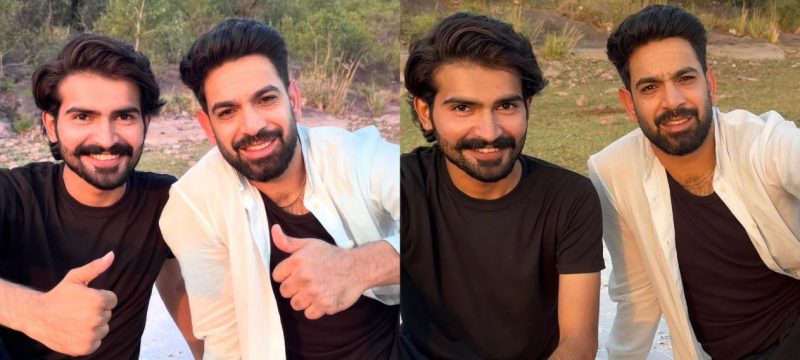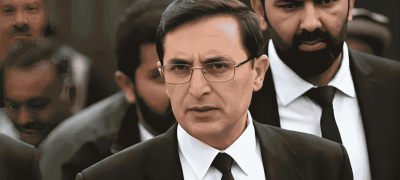In Pakistan’s rapidly changing entertainment landscape, actor and musician Muhammad Usman Malik is distinguishing himself through a focus on artistic discipline and emotional realism. At a time when digital visibility often defines celebrity, Malik’s career is developing along a quieter path one marked by careful project selection and restrained public engagement.
He began in modeling before transitioning into acting and independent music. His trajectory has drawn attention for its emphasis on preparation rather than promotion, with industry professionals describing his working style as thorough, reflective, and focused on the integrity of performance.
Colleagues and collaborators often refer to Malik’s approach as introspective and deliberate. He avoids promotional overexposure and maintains a minimal social media presence, with curated posts and limited personal commentary. This measured visibility, while uncommon among rising entertainers, reflects a growing interest among younger professionals in sustainable, process-oriented careers.
Malik’s independent music, including releases such as Chidiya and Jisam, adds another layer to his work. These compositions explore themes of isolation, vulnerability, and introspection, favoring emotional depth over commercial formula. Listeners and critics have noted the subdued but intentional tone that characterizes his content.
In interviews and online posts, Malik has occasionally expressed frustration with the current media ecosystem. “In this industry, sometimes you’re rewarded more for being loud than being good,” he noted in a recent conversation. “I’m not here to trend. I’m here to work.”
That sentiment reflects his discomfort with performative fame. In one Instagram post earlier this year, Malik wrote, “I don’t perform my pain for clicks. If it doesn’t serve the art, it’s noise.” The comment was widely circulated and interpreted by some as a critique of superficial vulnerability on social platforms — drawing both praise and pushback.
Although he does not frame himself as an advocate, Malik has occasionally referenced personal challenges in his creative output. His work hints at anxiety, isolation, and the emotional toll of performance themes that remain under-discussed in Pakistan’s celebrity culture. In a short statement shared during a university panel, he remarked, “We don’t talk about what this industry does to you when the cameras are off. Some of us are not recovering between projects we’re just surviving them.”
Malik is expected to appear in an upcoming film project, according to sources familiar with its early development. While no official confirmation has been made by Malik or his team, insiders indicate that the project is already in motion. He is also continuing to work on new music, with potential collaborations under discussion.
Over the past several months, Malik has seen growing interest among younger audiences, particularly on social media platforms where his quotes and music clips are shared widely by fans and fellow creatives. Arts and culture forums have highlighted his restraint and emotional vulnerability as a counterpoint to prevailing celebrity norms. Some university students and independent critics have described him as “the face of a quieter resistance” pointing to his emphasis on emotional boundaries and artistic consistency.
Within the entertainment industry, several producers and music directors have acknowledged his ability to maintain credibility without relying on constant visibility. While some question how long this approach can sustain a career in a competitive market, others see it as a potential model for emerging performers seeking longevity. His approach reflects a broader shift in how success is being defined within the entertainment industry. By focusing on preparation, emotional nuance, and long-term development, Malik represents an emerging alternative to the attention-driven models that dominate much of today’s celebrity culture. Whether his stance will influence a wider transformation remains to be seen but his refusal to conform is already sparking a conversation.









